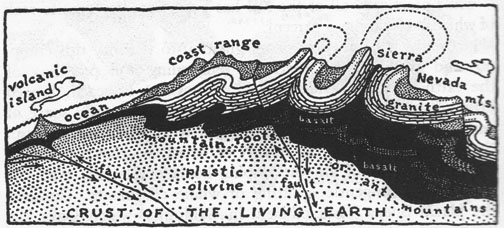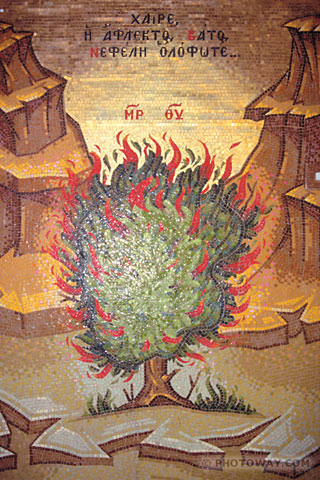Guy Murchie’s final book, The Soul School: Confessions of a Passenger on Planet Earth, which he called his autobiography, reads more like a diary or a journal, with as much frankness and honesty as any diary, and almost as lacking in compositional flow. Given this impression, I don’t intend to read all 657 pages of it, but I have picked up a theme or two that I’d like to share.
The book was published in 1995, but it only covers Murchie’s life up to an 1989 epilogue, at which time he was about 82 years old. He went on to live another eight years.
One interesting thing I learned from The Soul School is that Murchie had been working on a short history of the Bahá’í Faith for general audiences — which he titled The Veil of Glory — on and off for 25 years, not long after completing his Music of the Spheres. He began by visiting Bahá’í historic sites throughout the Middle East in 1964, turned his efforts toward his next book, The Seven Mysteries of Life, and finally completed the manuscript of the history in May 1985, but was unable to find a non-Bahá’í publisher. The major Bahá’í publishers were all interested, but the book was rejected at least twice by the Universal House of Justice, who feared that Murchie’s book, which was not fully sourced, would “muddy the waters of Bahá’í history.” He continued to make efforts to “adapt [his] Bahá’í history to the Universal House’s specifications” through the late 1980s. The last we hear of such efforts was in the fall of 1988, in the closing paragraph of the final chapter, Impotence and Cancer, 1987–1988.
Large and revealing as Murchie’s self-styled autobiography is, it is not a proper autobiography, for the compositional reasons I have already stated. With this in mind, his Bahá’í history appears to have been the major project of his late career as a writer. It seems a shame that the book will probably never be published.
The Soul School includes several revealing passages pertaining to Murchie’s personal religion. Several years after the publication of The Seven Mysteries of Life, he was questioned about his beliefs by Gloria Faizi, a Bahá’í author and the wife of a Bahá’í leader:
Gloria brought up the question of God in relation to my Seven Mysteries, which she had read, and asked if my concept of God was pantheistic or plural in any sense? I guess my discussion of the degrees of Divinity and the relativity of it prompted her question. I told her that I thought the matter of singularity or plurality was only a semantic issue if God is, and as the Baha’is say, an “unknowable essence.” (1979)
Murchie also discusses his personal religion in a chapter regarding his Bahá’í activities in Alaska:
I had been a Baha’i for forty-three years. The organizational aspects had never greatly attracted me, but the warm philosophy did, … (1981)
Later in the same chapter, he relates:
A Baha’i … wanted to correspond about philosophy, particularly about the Baha’i doctrine of infallibility. I said I thought there was a relativity to it, …
And from his time in England, during World War II:
Remembering one day that I was a member of the worldwide Baha’i Faith, I looked it up in the telephone directory and went to the address given, only to find that it was merely a booth containing literature but with no one attending. I filled out a form, mailed it and got no response. However my life was full and there was the war, which the Baha’is seemed not to believe in, so I put off thinking about religion and considered instead the more promising matter of replenishing my own uncertain supply of girl friends in England. (1940)


